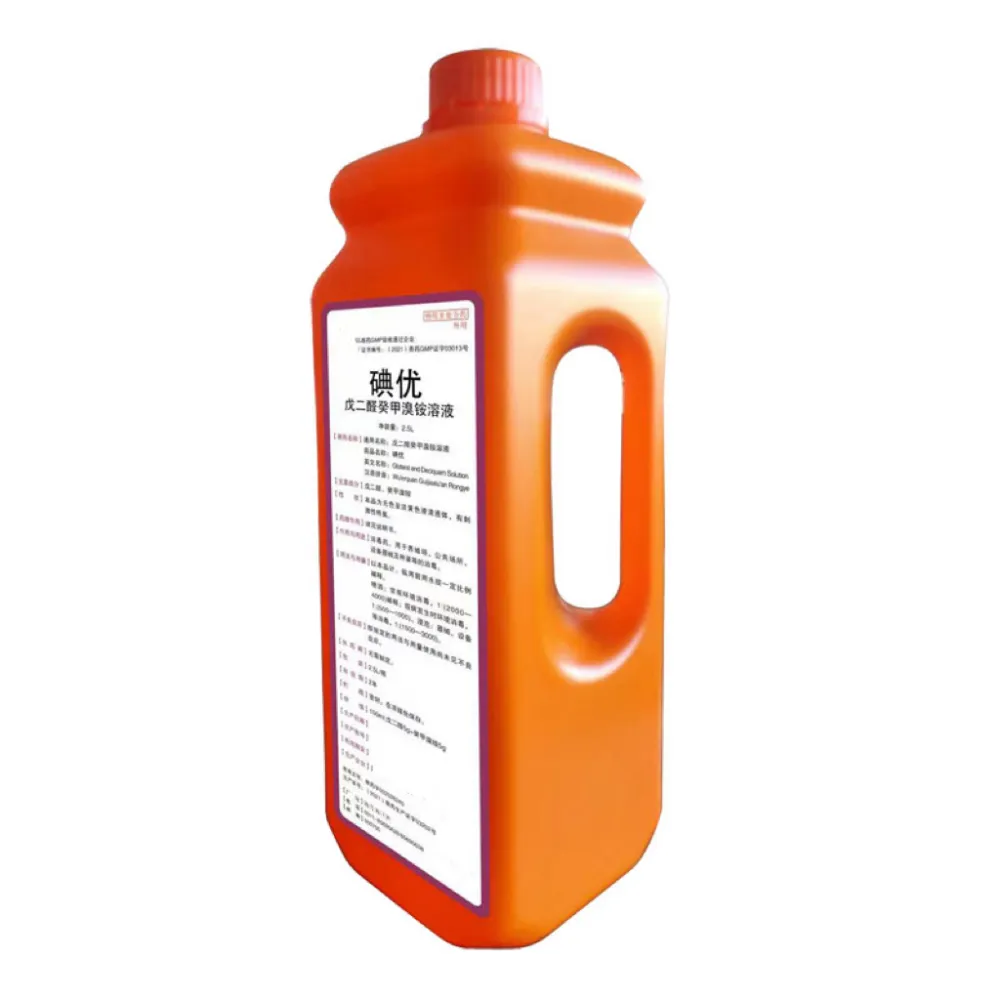- Afrikaans
- Albanian
- Amharic
- Arabic
- Armenian
- Azerbaijani
- Basque
- Belarusian
- Bengali
- Bosnian
- Bulgarian
- Catalan
- Cebuano
- Corsican
- Croatian
- Czech
- Danish
- Dutch
- English
- Esperanto
- Estonian
- Finnish
- French
- Frisian
- Galician
- Georgian
- German
- Greek
- Gujarati
- Haitian Creole
- hausa
- hawaiian
- Hebrew
- Hindi
- Miao
- Hungarian
- Icelandic
- igbo
- Indonesian
- irish
- Italian
- Japanese
- Javanese
- Kannada
- kazakh
- Khmer
- Rwandese
- Korean
- Kurdish
- Kyrgyz
- Lao
- Latin
- Latvian
- Lithuanian
- Luxembourgish
- Macedonian
- Malgashi
- Malay
- Malayalam
- Maltese
- Maori
- Marathi
- Mongolian
- Myanmar
- Nepali
- Norwegian
- Norwegian
- Occitan
- Pashto
- Persian
- Polish
- Portuguese
- Punjabi
- Romanian
- Russian
- Samoan
- Scottish Gaelic
- Serbian
- Sesotho
- Shona
- Sindhi
- Sinhala
- Slovak
- Slovenian
- Somali
- Spanish
- Sundanese
- Swahili
- Swedish
- Tagalog
- Tajik
- Tamil
- Tatar
- Telugu
- Thai
- Turkish
- Turkmen
- Ukrainian
- Urdu
- Uighur
- Uzbek
- Vietnamese
- Welsh
- Bantu
- Yiddish
- Yoruba
- Zulu
9 月 . 05, 2024 00:20 Back to list
Injectable Ivermectin for Dogs - Effective Treatment for Parasites
The Use of Injectable Ivermectin for Dogs Benefits and Considerations
Ivermectin is a medication that has been widely used in veterinary medicine to treat various parasitic infections in animals, including dogs. It is commonly available in oral and topical formulations, but the injectable form of ivermectin is gaining attention as a potential treatment option. This article will discuss the benefits and considerations of using injectable ivermectin for dogs.
Understanding Ivermectin
Ivermectin is an antiparasitic agent that belongs to the class of drugs known as macrolides. It works by interfering with the nervous system of parasites, leading to their paralysis and eventual death. While ivermectin is effective against a variety of parasites, including heartworms, mites, and certain intestinal worms, it is crucial to use it appropriately to ensure the health and safety of the animal.
Benefits of Injectable Ivermectin
1. Rapid Absorption One of the primary benefits of injectable ivermectin is its rapid absorption into the bloodstream. This can lead to quicker therapeutic effects, which is particularly beneficial in emergency situations where immediate treatment is necessary.
2. Controlled Dosage The injectable form allows for precise dosing, which is critical when managing the treatment of parasitic infections. This can be especially important in cases where specific dosages are required based on the dog’s weight and health condition.
3. Ease of Administration For dogs that may be resistant to oral medications due to taste or refusal to eat, injectable ivermectin provides an alternative that can ensure the complete and effective dosing of the medication.
injection ivermectin for dogs

Considerations and Risks
While injectable ivermectin offers several benefits, there are also important considerations and potential risks that pet owners and veterinarians must be aware of
1. Potential for Toxicity Ivermectin can be toxic to certain breeds of dogs, particularly those with the MDR1 gene mutation, such as Collies and Shepherds. Careful genetic screening and consideration of the dog’s breed are essential before administering the drug.
2. Dosage and Administration Proper dosing is critical, as overdosing can lead to serious side effects, including neurological issues. It is vital for veterinarians to calculate and administer the correct dosage based on the specific needs of the dog.
3. Additional Treatments While ivermectin is effective against many parasites, it may not cover all types. Additional treatments or medications may be required to address different infections, and a veterinarian’s assessment is crucial in determining a comprehensive treatment plan.
4. Monitoring and Follow-Up Dogs treated with injectable ivermectin should be closely monitored for any adverse reactions or side effects. Regular follow-ups with a veterinarian can help ensure that the treatment is effective and that the dog is recovering well.
Conclusion
Injectable ivermectin can be a valuable tool in the treatment of parasitic infections in dogs when used correctly and under professional guidance. Its rapid action and effective dosing make it an appealing option for veterinarians; however, awareness of the associated risks is essential. Pet owners should work closely with their veterinarians to determine the best treatment approach for their furry companions, ensuring a safe and effective resolution to parasitic issues.
-
The Power of Radix Isatidis Extract for Your Health and Wellness
NewsOct.29,2024
-
Neomycin Sulfate Soluble Powder: A Versatile Solution for Pet Health
NewsOct.29,2024
-
Lincomycin Hydrochloride Soluble Powder – The Essential Solution
NewsOct.29,2024
-
Garamycin Gentamicin Sulfate for Effective Infection Control
NewsOct.29,2024
-
Doxycycline Hyclate Soluble Powder: Your Antibiotic Needs
NewsOct.29,2024
-
Tilmicosin Premix: The Ultimate Solution for Poultry Health
NewsOct.29,2024













